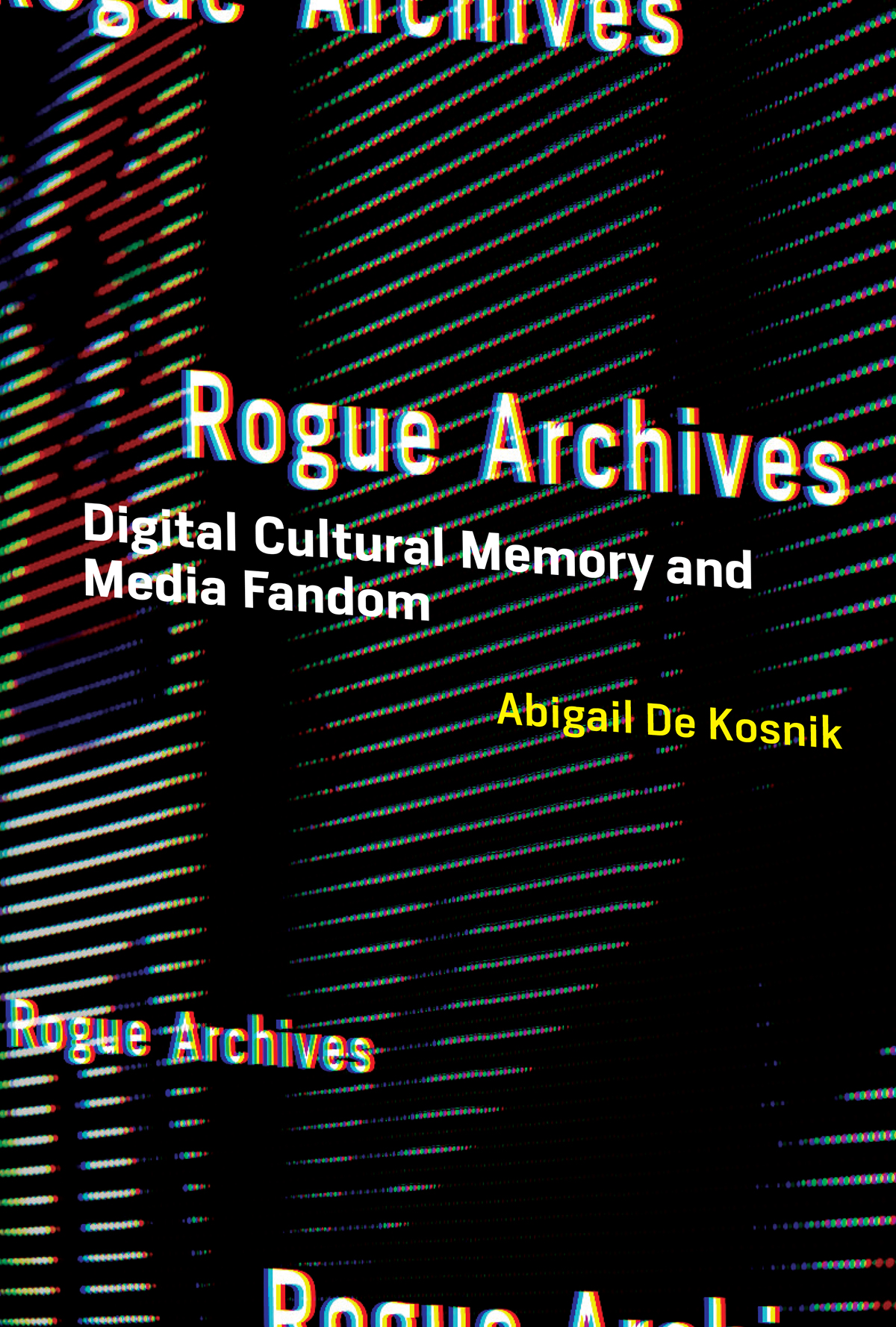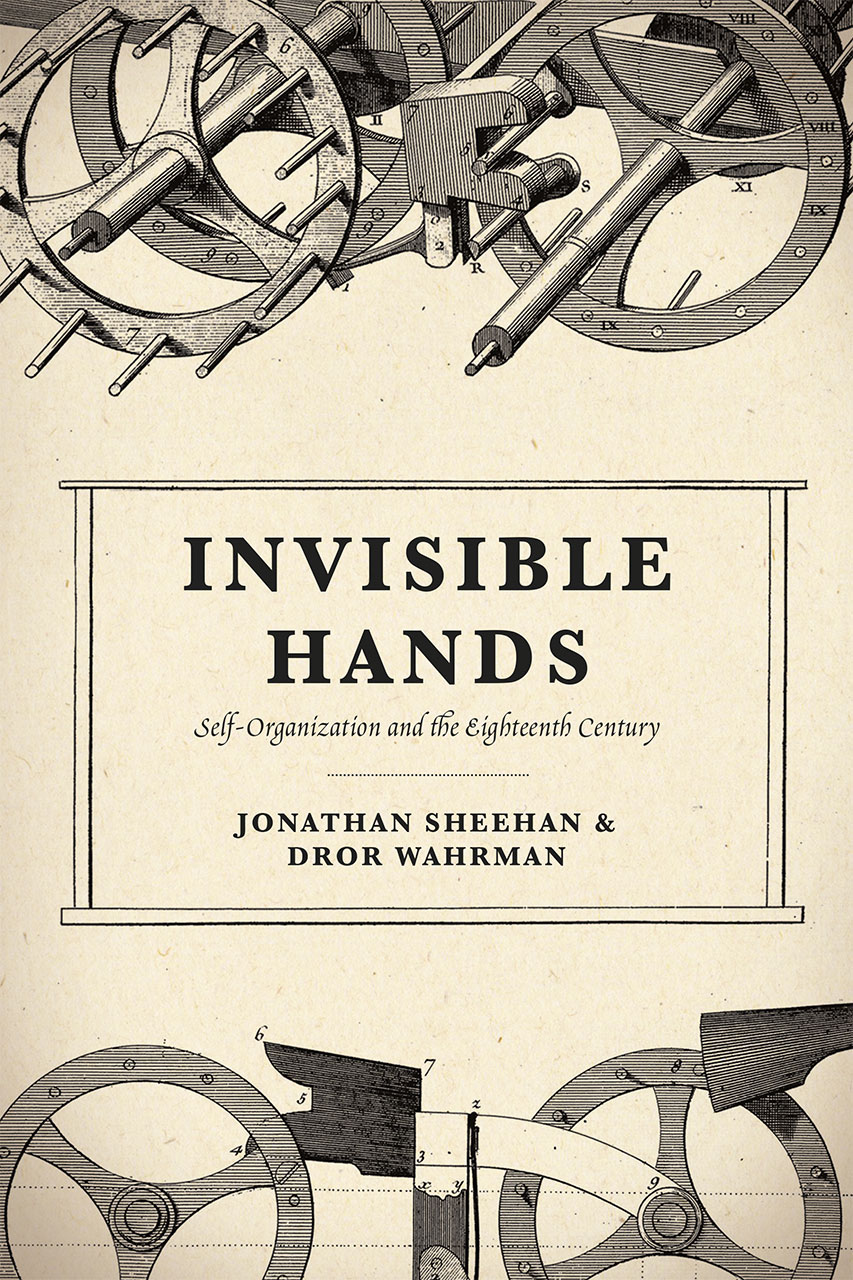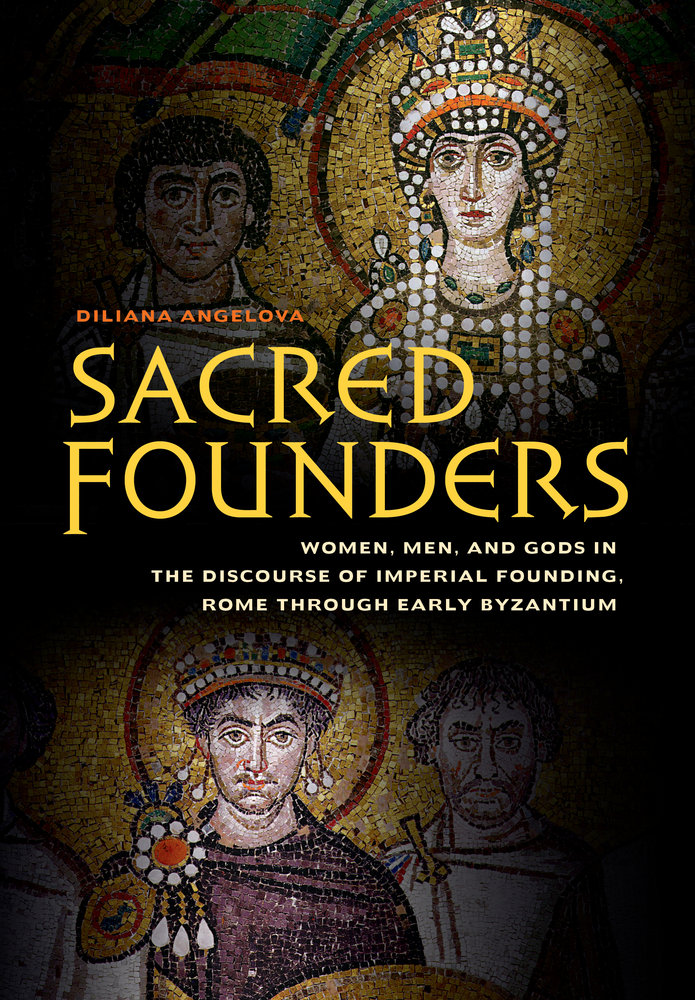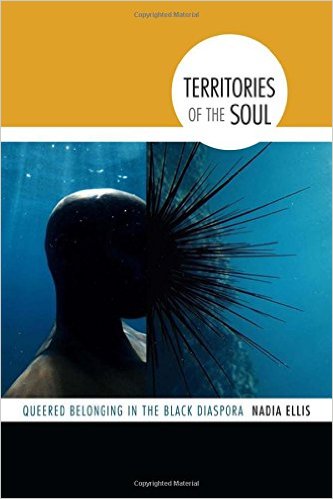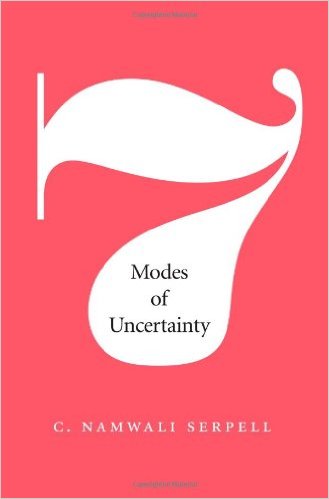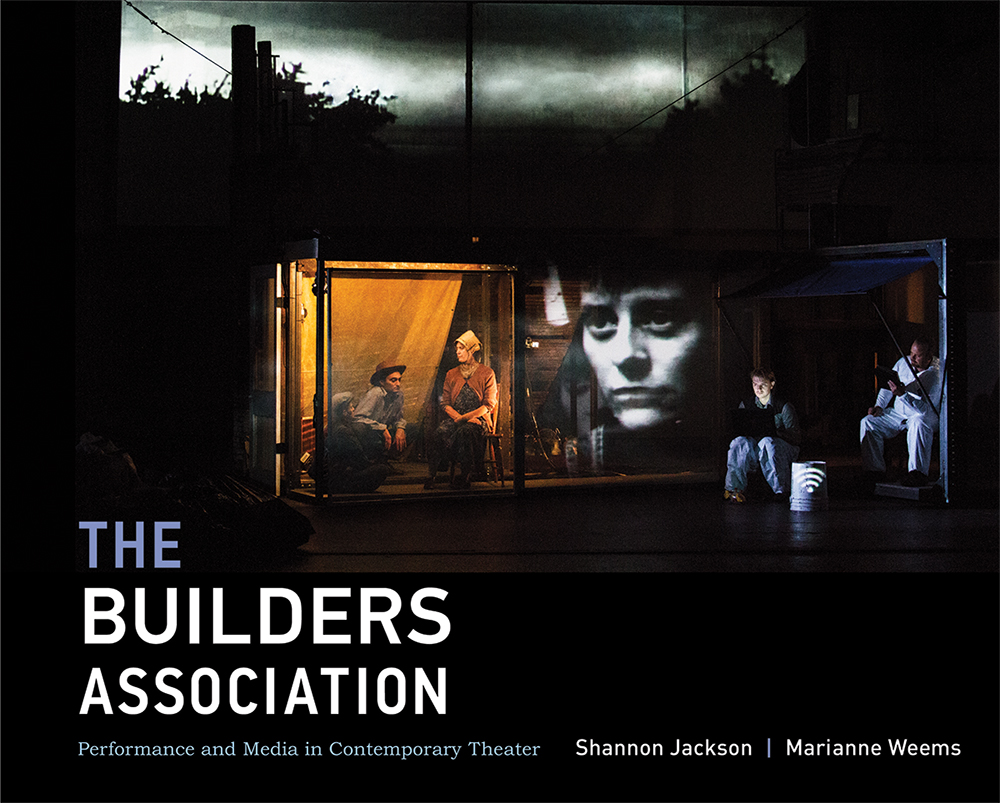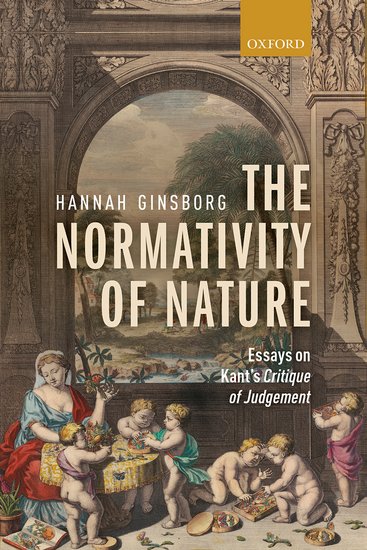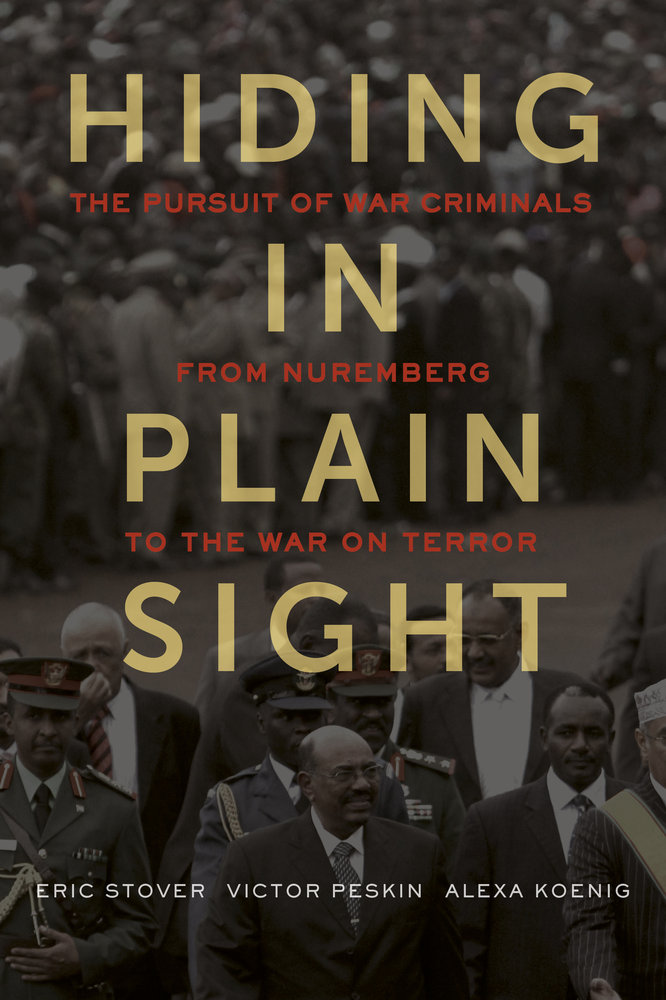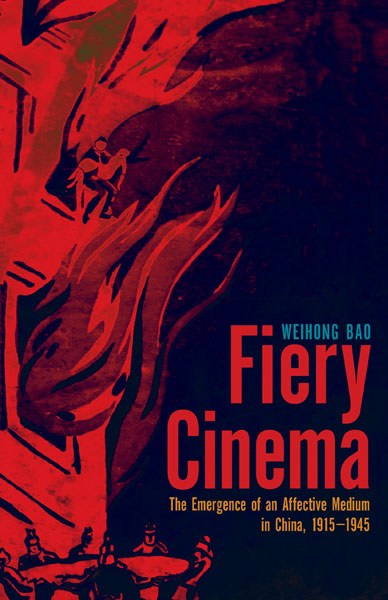Past Events
Rogue Archives examines the rise of self-designated archivists—fans, pirates, hackers—who have become practitioners of cultural preservation on the Internet, building freely accessible online collections of content.
Invisible Hands traces the rise in eighteenth-century Europe of a belief in self-organization—such that large systems, whether natural or human-made, are seen as capable of creating their own order, without any need for external direction.
Sacred Founders: Women, Men, and Gods in the Discourse of Imperial Founding, Rome through Early Byzantium
Sacred Founders argues that from the time of Augustus through early Byzantium, a discourse of "sacred founders” helped legitimate the authority of the emperor and his family.
Territories of the Soul draws upon queer and affect theory to explore structures of belonging experienced by the black diasporic subject.
In Hidden Hitchcock, D.A. Miller does what seems impossible: he discovers what has remained unseen in the movies of this best-known of filmmakers.
Namwali Serpell’s book Seven Modes of Uncertainty contends that literary uncertainty is crucial to ethics because it pushes us beyond the limits of our experience.
The Builders Association: Performance and Media in Contemporary Theater
Shannon Jackson discusses her recent co-authored book on the Builders Association, a New York-based multimedia theater company that creates original productions based on stories drawn from contemporary life.
The Normativity of Nature: Essays on Kant's Critique of Judgement
Hannah Ginsborg presents fourteen essays which establish Kant's Critique of Judgment as a central contribution to the understanding of human cognition.
Hiding in Plain Sight: The Pursuit of War Criminals from Nuremberg to the War on Terror
Authors Stover, Peskin, and Koenig tell the story of the global effort to apprehend the world's most wanted war criminals, and attempt to understand why so many states ignore their legal obligations to arrest and try war crimes suspects.
Fiery Cinema: The Emergence of an Affective Medium in China, 1915-1945
Weihong Bao’s book traces the permutations of cinema as an affective medium in China, exploring its role in aesthetics, politics, and social institutions.
